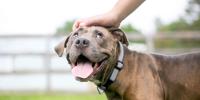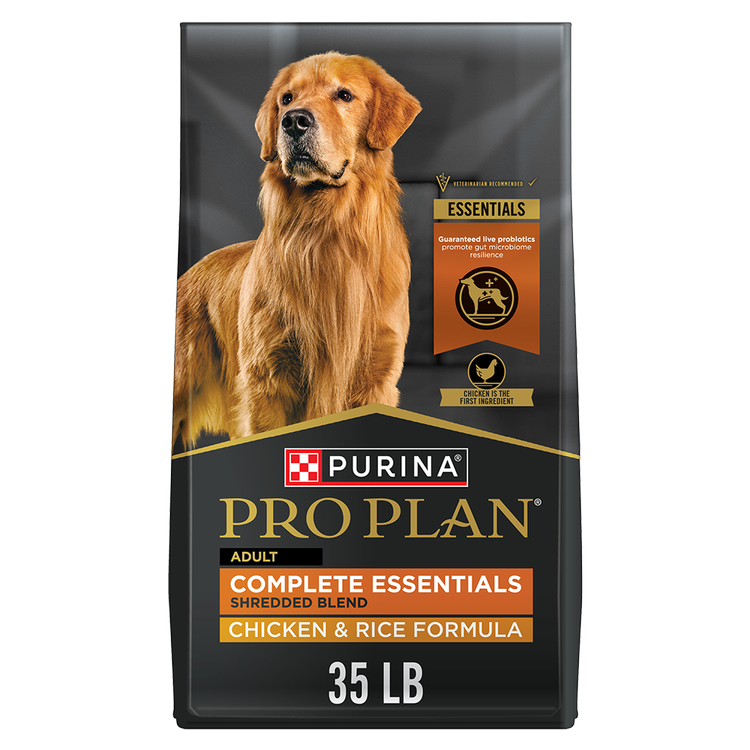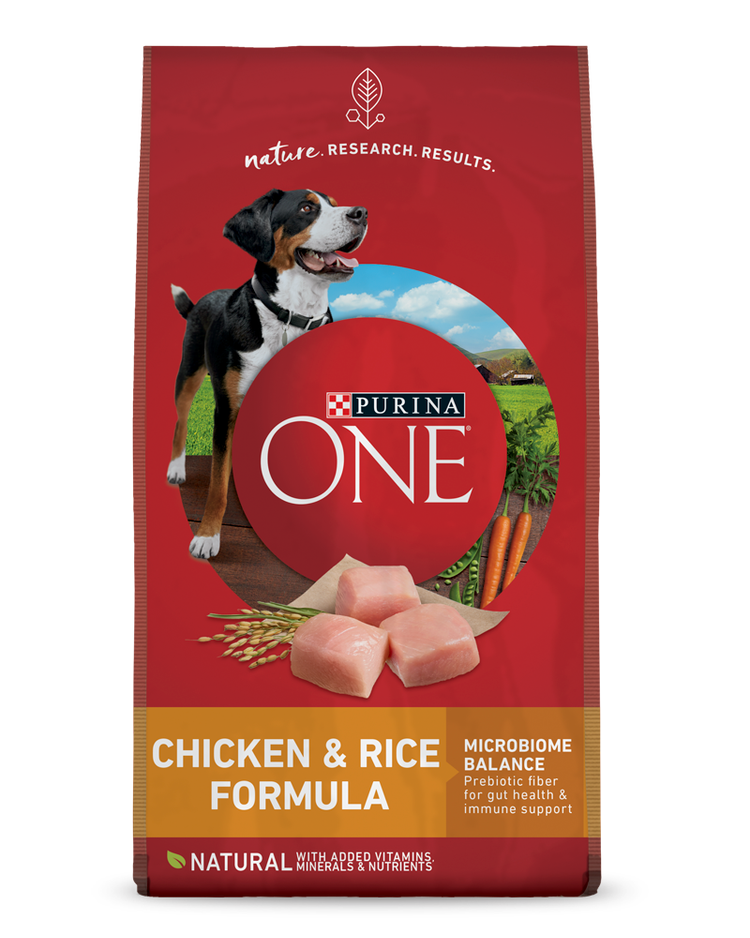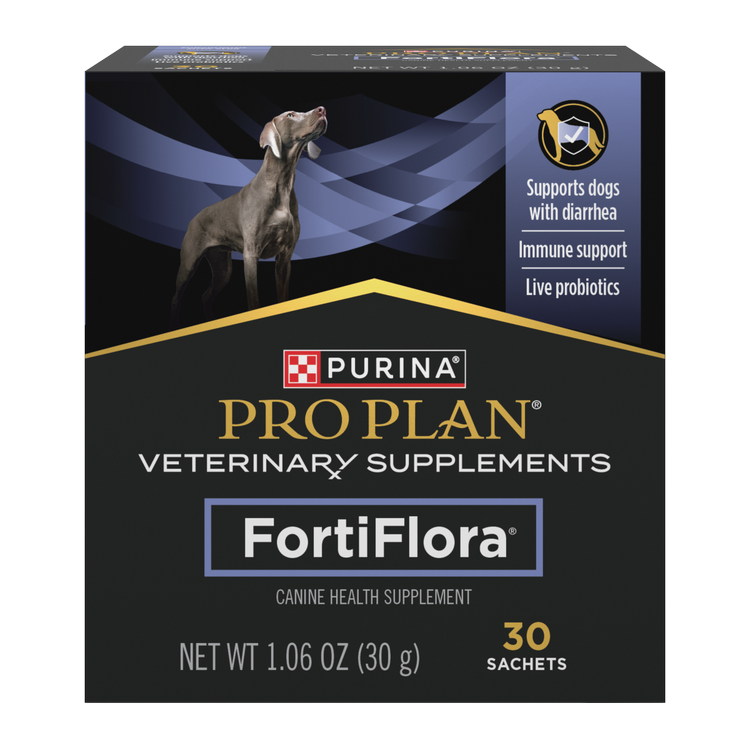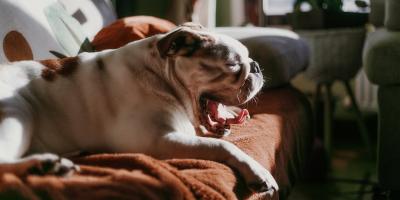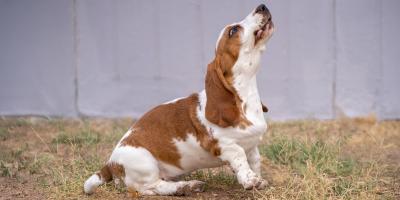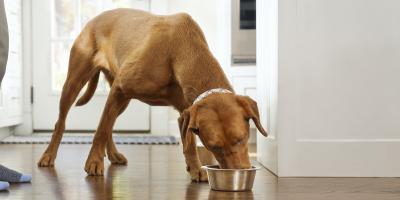There are many different reasons dogs might eat poop.
Eating poop – also known as coprophagy – may stem from nutritional deficiencies or a number of behavioral problems. Understanding why your dog is eating poop will help you determine the best way to stop him from doing so.
Is it Normal for Dogs & Puppies to Eat Poop?
Coprophagy is common in puppies and younger dogs. They may have seen their mother eat feces in an attempt to keep their living space clean.
Sometimes, it stems from pure curiosity. In either case, most dogs outgrow the habit in time.
Reasons Dogs Eat Poop
The two primary reasons dogs eat poop are nutritional deficiencies and behavioral problems.
Nutritional Deficiencies
Nutritional deficiencies and certain medical issues can cause dogs to eat their own poop (autocoprophagy) or the feces of other dogs, or even other animals. These can include:
- Parasites
- Lack of digestive enzymes
- Malabsorption
- Mineral deficiency
- Hydrochloric acid deficiency
- Diabetes and thyroid issues
- Underfeeding
If you notice your dog has been eating poop all of a sudden, it’s a good idea to consult with your veterinarian.
Behavior
Eating feces may be an instinctual behavior for dogs. Before they were domesticated, feces may have provided fat, protein and other nutrients when they couldn’t be found elsewhere.
Aside from instinct, there are other possible reasons for this behavior, including:
- Curiosity
- Boredom and/or isolation
- Lack of cleanliness
- Stress or anxiety
- To avoid punishment
Fortunately, most of these can be addressed through training and positive reinforcement of the behavior you want to see.
How Do You Stop Your Dog From Eating Poop?
Although in most cases, coprophagy won’t cause any serious harm to your dog, the behavior can give him an infectious disease or parasites.
Since this can signal nutritional deficiencies or medical problems, a visit to your veterinarian is in order. They can rule out any problems or suggest dietary changes or supplements.
Ensure you’re feeding your dog the correct amount of food each day based on the feeding chart on the label. Your veterinarian may also recommend incorporating supplements into his diet, or switching to a nutrient-rich formula with linoleic and omega-3 and omega-6 fatty acids, which can help keep his cravings at bay.
Supervise your dog’s potty breaks and clean up feces right away. Use treats and verbal praise to reinforce his good behavior.
For dog’s raiding the litter boxes of their feline siblings, you may need to put the litter box in an inaccessible area.
To combat boredom, Dr. Annie Valuska, Ph.D. recommends “adding some extra challenge to your dog’s life in the form of environmental enrichment or physical activity. This could not only reduce the unwanted behavior, but also strengthen the bond between you and your dog.”
Being a dog owner is fun and exciting, but often presents mysterious challenges. For more insight from our experts on dog behavior and nutrition, visit our Pet Expertise page.
Related articles

Reward Yourself with myPurina
Earn and redeem rewards for Purina products with the myPurina app.


